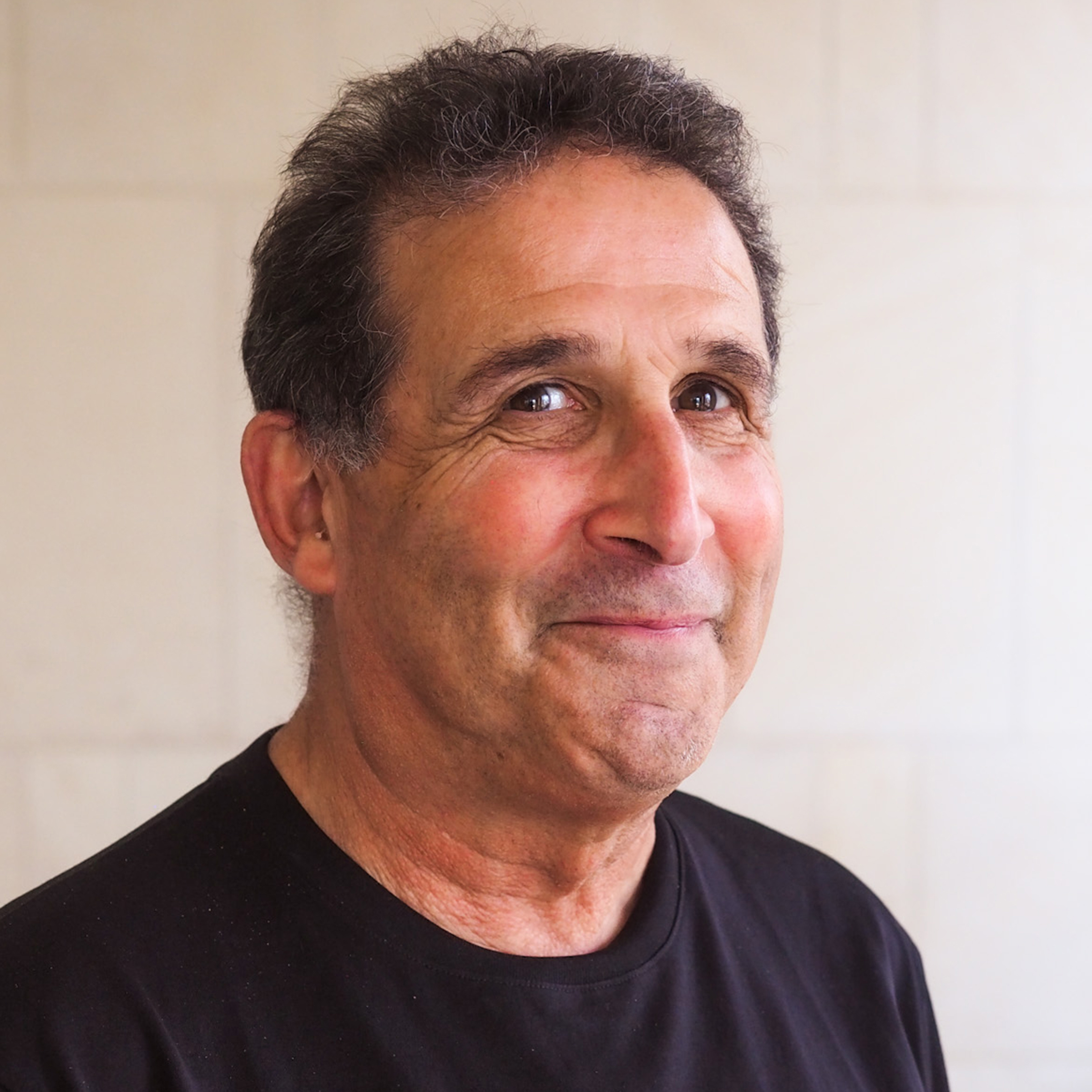Howard Ochman
- Professor
- Joseph J. & Jeanne M. Lagowski Regents Professorship in Molecular Bioscience
- Molecular Biosciences
- Interdisciplinary Life Sciences Graduate Programs

Contact Information
Biography
Dr. Ochman was originally trained as a population geneticist at the University of Rochester, where he received his Ph.D. in 1984. Technical advances in molecular biology prompted his switch to studying the organization and evolution of bacterial genomes and for the past three decades he has been investigating molecular evolution and the diversity of interactions among microbes. After a postdoctoral stint in the Department of Biochemistry at the University of California, Berkeley, he worked as a research scientist on the Human Genome Project and in 1987 moved to Washington University to study the evolution of bacterial pathogenesis. Prior to joining the faculty at The University of Texas at Austin, Ochman held faculty appointments at the University of Rochester (1991-1998), the University of Arizona (1998-2010), and Yale University (2010-2013).
Research
The Ochman lab applies experimental, comparative and computational approaches to examine the evolution and adaptation of microbial genomes. Due to their complex and varied interactions as pathogens and commensal constituents of mammalian hosts, our work focuses on genome evolution within enteric bacteria, including E. coli, Shigella and Salmonella. These studies fall into four general areas: dynamics of bacterial genomes; origins and roles of novel bacterial traits; phylogenetic classification and genomic analysis of diversity within bacterial communities and the history of bacterial genomes; and genomic analysis of diversity within bacterial communities.
Research Areas
- Biodiversity, Ecology or Sustainability
- Infectious Disease, Immunology and Microbiology
- Molecular Biology or Genetics
Fields of Interest
- Microbiology, Immunology and Infectious Disease
- System and Synthetic Biology
- Molecular Biology, Genetics & Genomics
Centers and Institutes
- Biodiversity Center
- John Ring LaMontagne Center for Infectious Disease
- Center for Systems and Synthetic Biology
